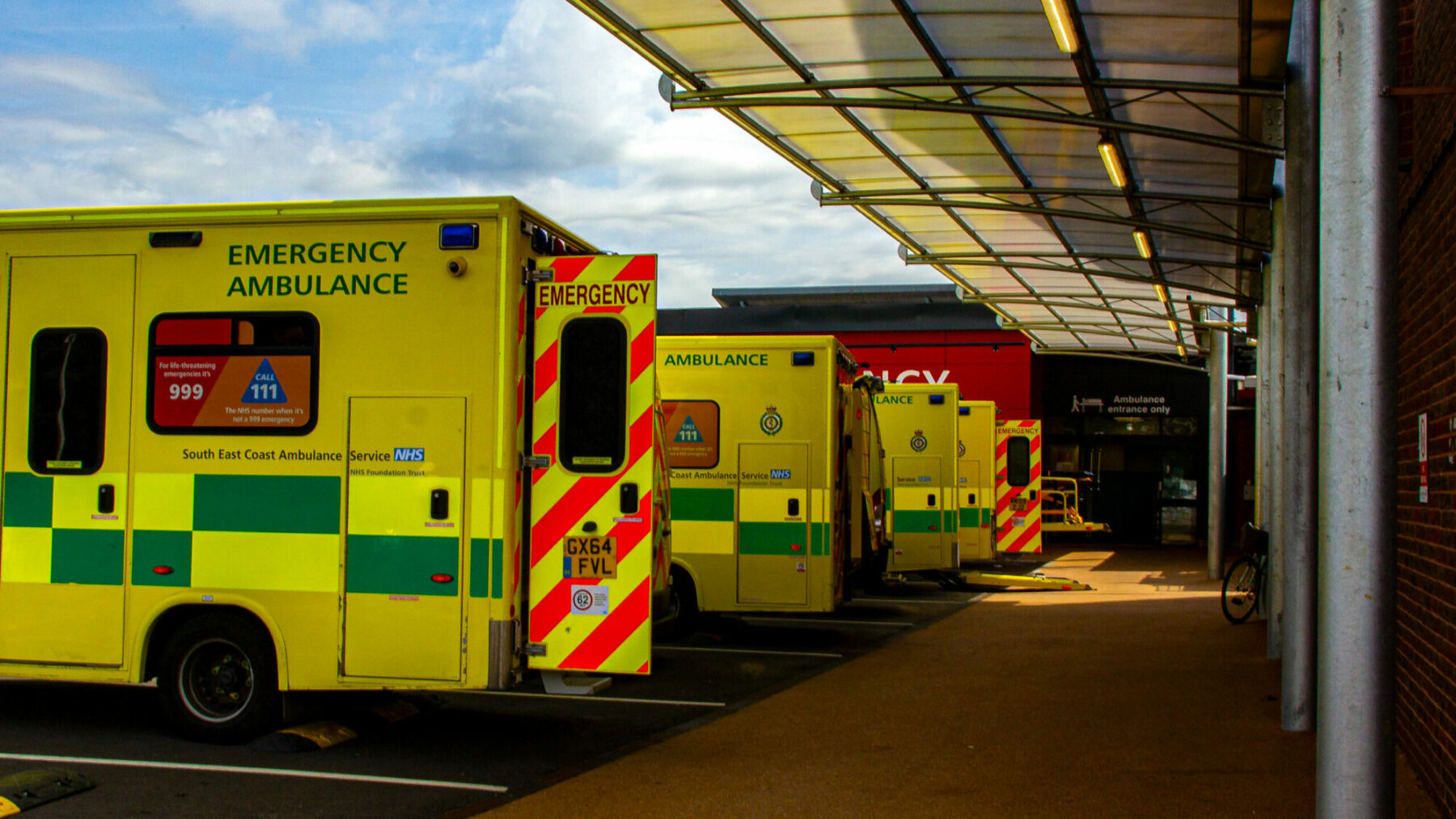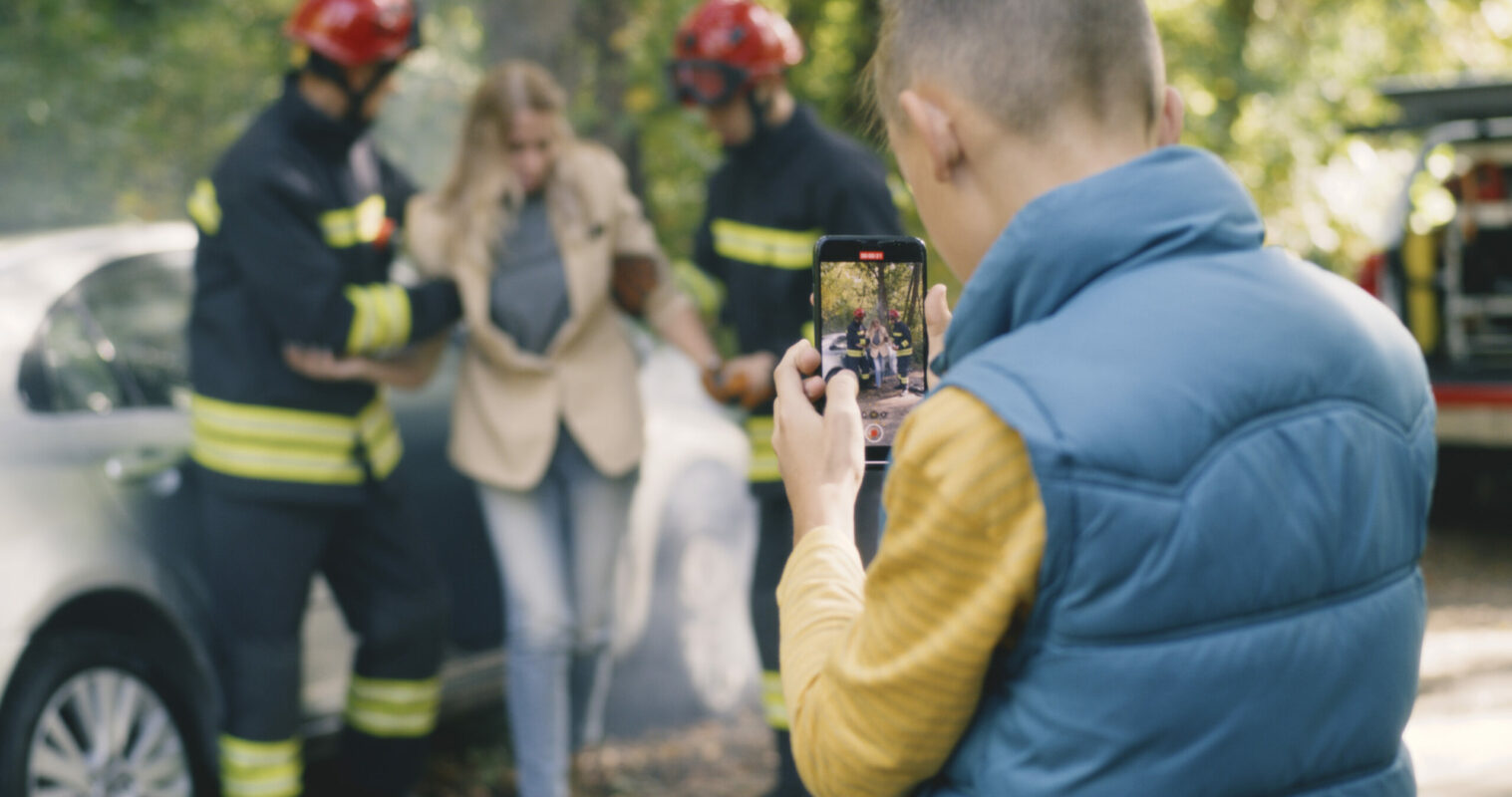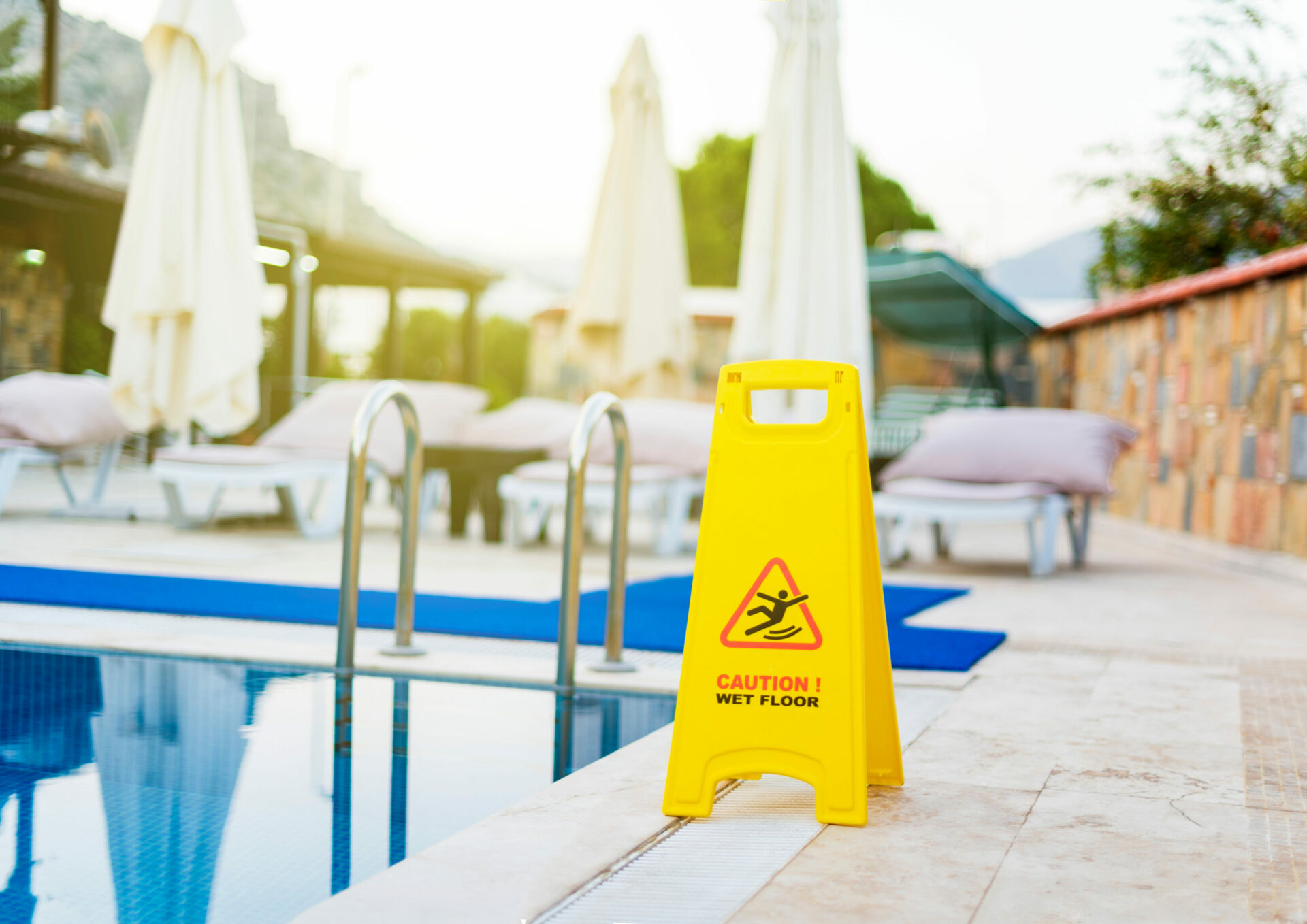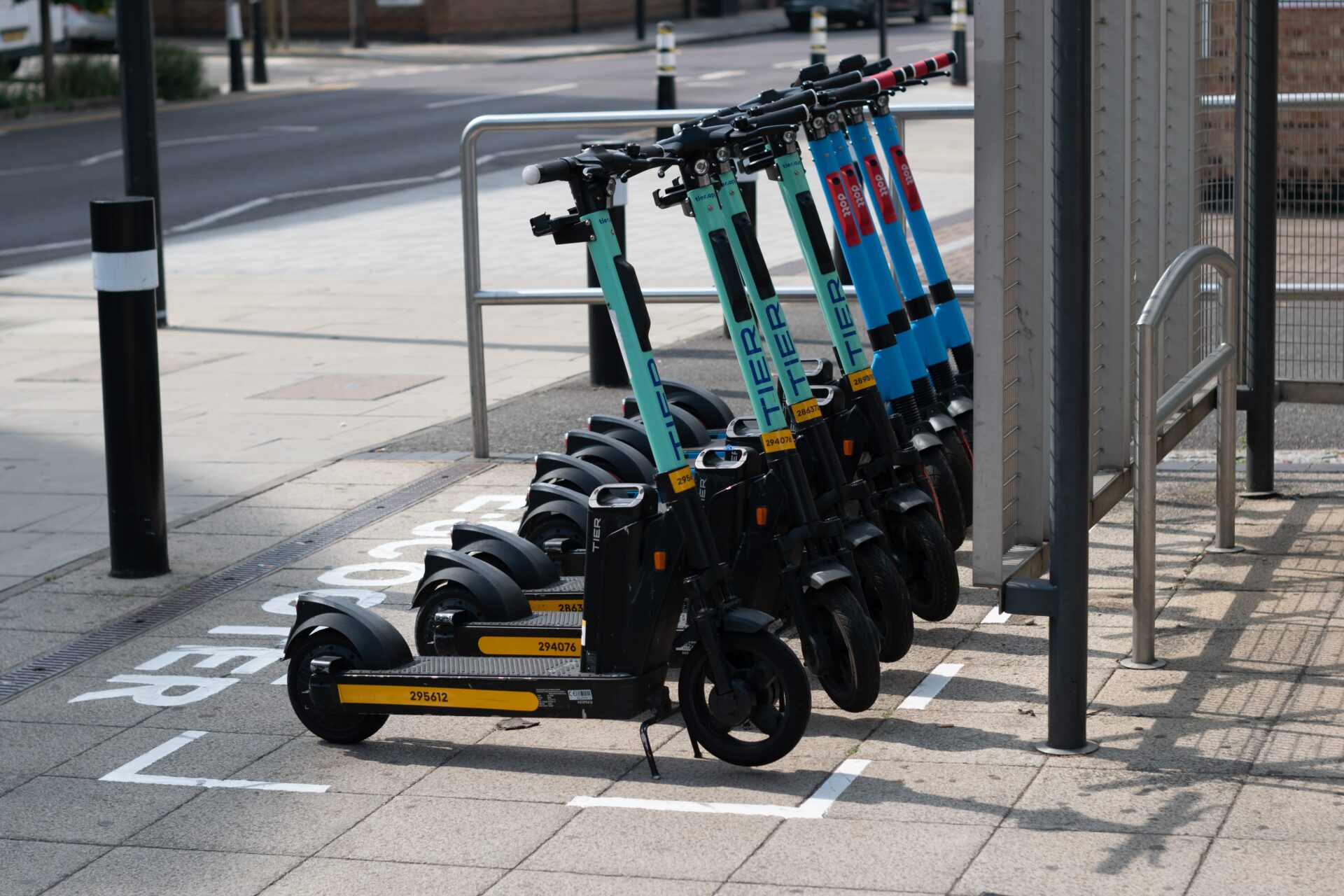
The NHS ambulance service are the latest group of workers to walk out in a bid for better pay from the government. The general public have been supportive of the strikes, and unions have said they will continue as long as required until changes are made. But let’s discuss the flip side. Our reliance on the ambulance service is automatic, given that they are just a simple phone call away and that any life threatening situation can be protected instantly. In recent years, the press has been riddled with articles about deaths caused by poor response times when an emergency call out has been made. Ambulance staff often take over emergency treatment on the way to hospital in an attempt to catch up on responding to a delayed call, which can often lead to tragic consequences, where staff have not been trained or where there is a shortage of trained paramedic availability.
What are your rights in an emergency situation?
In a medical emergency, if an ambulance is late or a paramedic fails to provide an adequate level of care, you may be entitled to complain about your experience with an ambulance or paramedic and you may be entitled to receive compensation for any injuries, losses or damage caused. Ambulance staff have a duty of care to those they respond to, a principle which was established in the Court of Appeal Authority of Kent v Griffiths & Ors [2000] EWCA Civ 3017.
You may be entitled to make a claim against the ambulance service if you have suffered unnecessary pain and suffering caused by the delay in response time or delayed attendance and treatment by paramedics or the ambulance service.
What can be considered damage?
Faced with situations of clinical negligence or delays caused by ambulances in providing timeous help, the patient may resort to several factors that may have caused, harm, or escalated pre-existing conditions. For example, if the symptoms worsen as a result of the waiting times, if there are discomforts causing despair, anxiety and fear, vulnerability and insensitivity on the part of professionals. All these factors can be considered ‘damage’ and can form part of a claim for general damages for pain, suffering and loss of amenities. Other losses (special damages) can also be factored in such as loss of earnings, future financial losses, such as loss of future income, loss of promotion prospects, retirement, care costs and other various heads of loss.
How to know if there was an error in the waiting time?
Given the changes in the health care system and in more recent times, the backlog of treatment due to the impact of Covid-19, there is a sense of concern that ambulance staff are under pressure leading to slowing response times. The category allocated to the initial emergency call determines the speed with which ambulances must respond. For category 1 calls, for example, where there are calls about life-threatening injuries and illnesses, specifically cardiac arrest, ambulances are expected to respond within 7 minutes on average and 90% of calls within 15 minutes, i.e. if a wait occurred in addition, it is already possible to set up damage.
What if there was medical malpractice in the post-emergency period?
Even though an ambulance might have arrived at the hospital in good time, it is still important for a patient to receive the correct medical care on arrival including immediate triage where needed. Delay in the diagnosis of any medical condition or failure to triage and admit a patient in time can lead to fatalities in certain situations, and a possible entitlement to claim damages for clinical negligence.
What are the main examples of where negligence can occur?
- Ambulance delays and slow response time to an emergency;
- Failure to adequately equip an ambulance with the necessary medical apparatus;
- Delay in providing treatment or referral to a hospital;
- Delay in diagnosing a medical condition;
- Misdiagnosis of a medical condition, i.e. a more serious and neglected condition. Misdiagnosis of stroke.
- Misdiagnosis of Cauda Equina Syndrome;
- Misdiagnosis of brain injury;
- Missing the vital signs of early onset of sepsis;
- Missed fractures (or even attempts to manipulate a fracture when ambulance staff are not sufficiently trained to do so)
- Delay or failure to diagnose a cardiac arrest;
- Delay or failure to recognise and diagnose aneurysms;
- Failure to treat and refer brain injury/stroke patients to a hospital within NHS targets;
- Errors made when administering treatment or medication, for example, overdoses or administration of medication to which a patient is allergic;
- Excessive use of force or patient falls;
- Nerve and spinal cord injuries resulting from negligent handling or a fall.
How long do you have to make a claim?
In any cases involving injury or clinical negligence there is a strict time limit for making a claim, which is three years from the date of the event. The deadline for settlement and receipt of the amounts decided as compensation varies according to the individual circumstances of each case. On average, a claim can take around 9-18 months to resolve, as there is a pre-action protocol to follow.
If the trauma or injury you have suffered from ambulance delays is not described as an example on our list but you believe you are entitled to compensation for having gone through a similar situation or know someone who has, please contact our personal injury and clinical negligence team on 0203 588 3500. Tell us your story, the category of your claim and count on us to assess your entitlement to be compensated by receiving what you deserve and speeding up the process of leaving bad memories behind.
Table of content
Recent Posts
Cryptoasset Tax Changes From January 2026
The world of cryptoassets is in a constant state [...]
UK Housing Market – 2025 Update
Buying your first home in the UK is not a [...]
Can You Put Digital Assets In A Trust? – How To Protect Your Digital Estate
In an era where our lives are increasingly played out [...]







